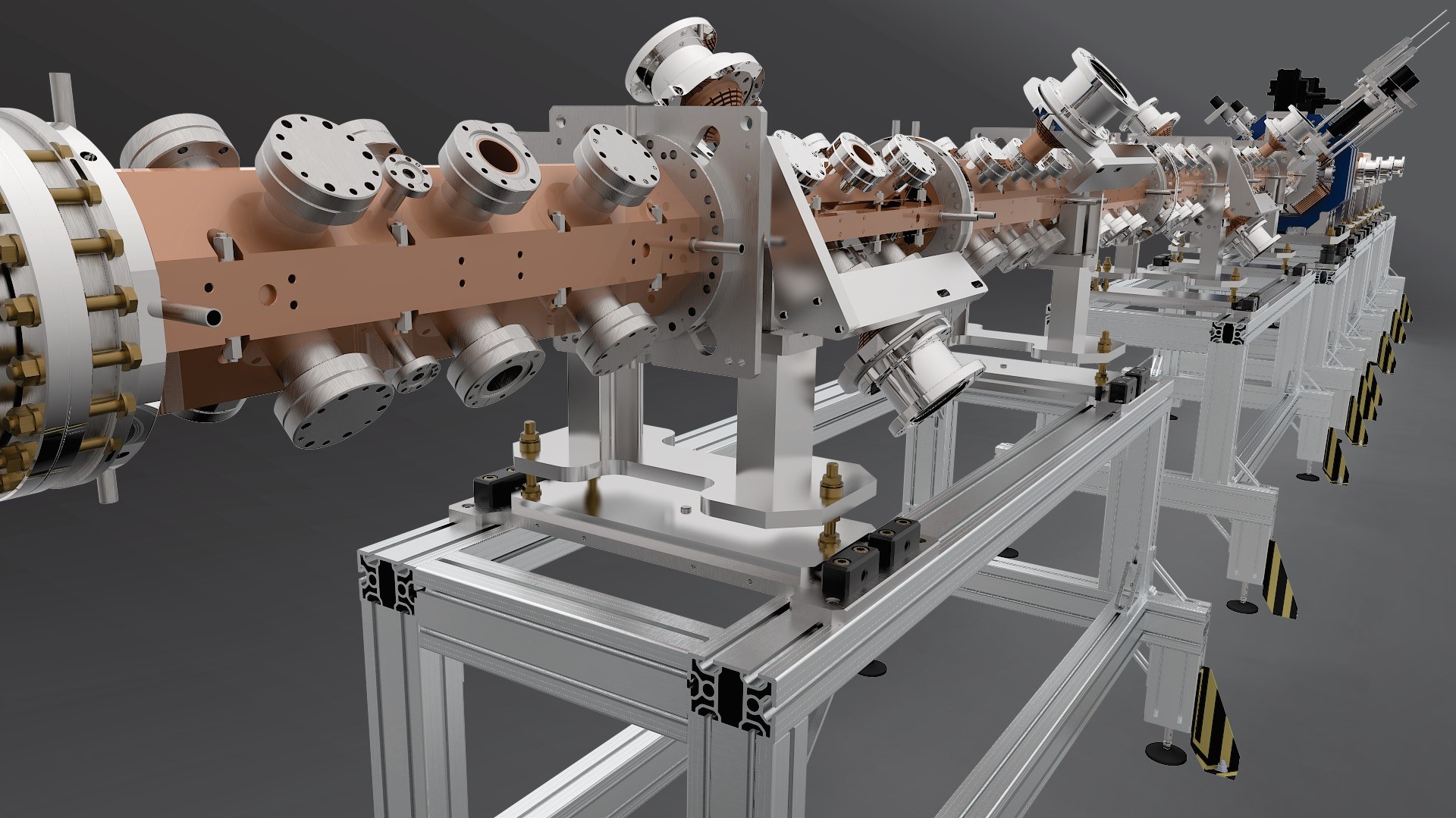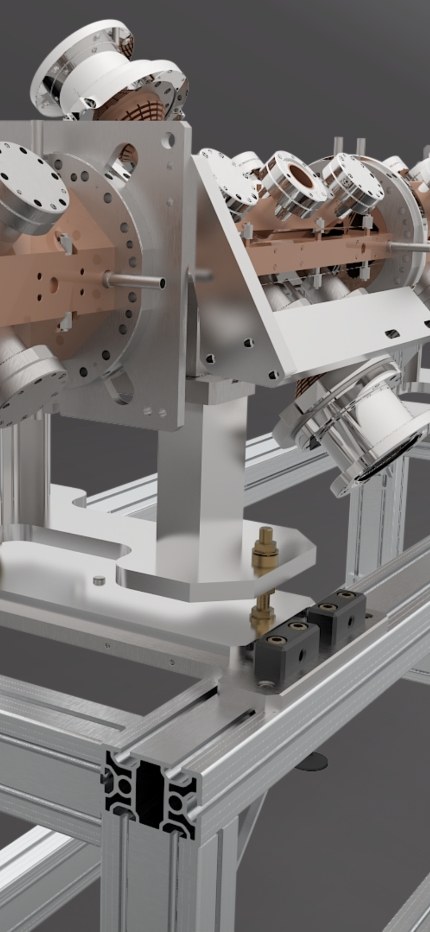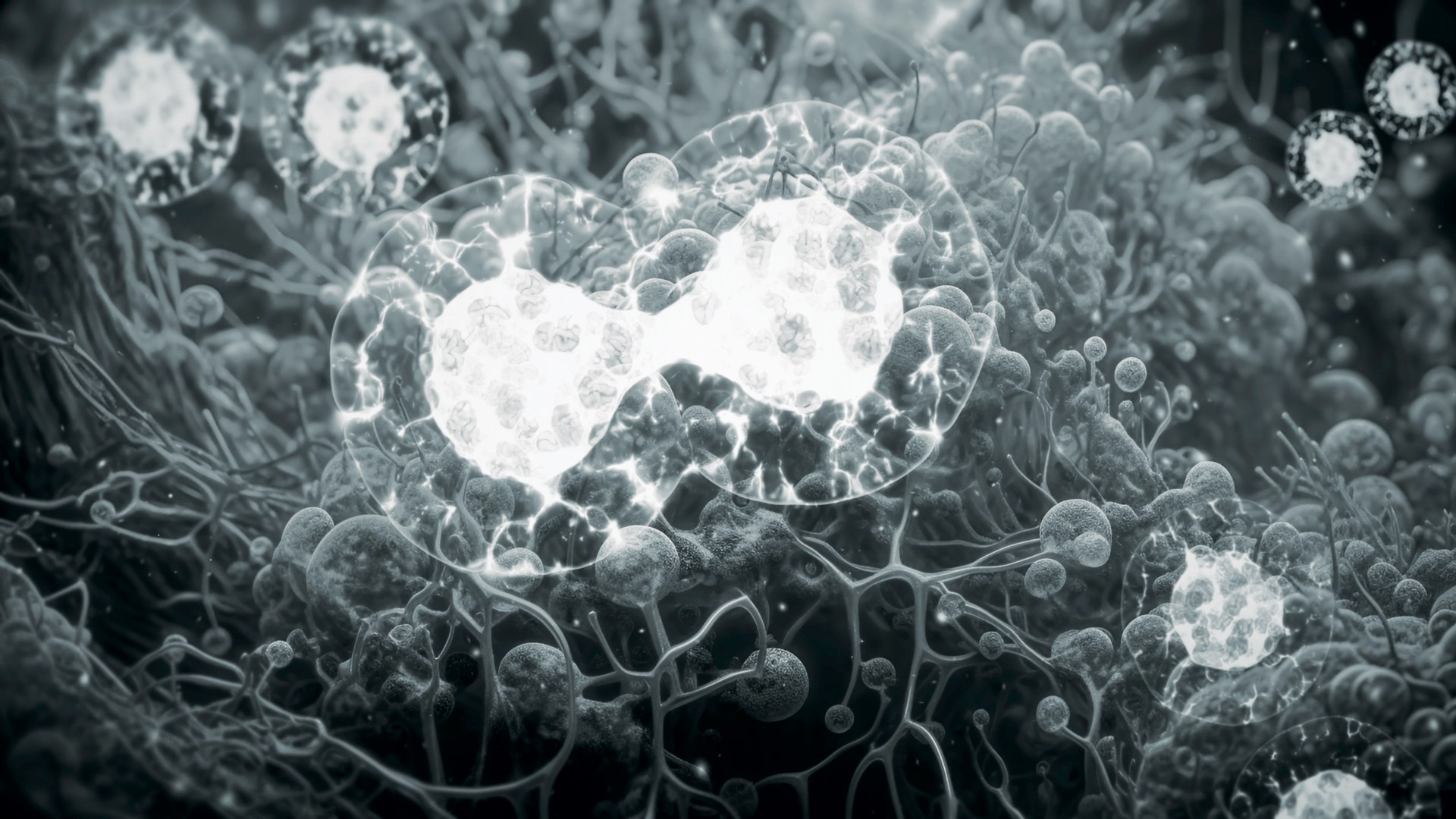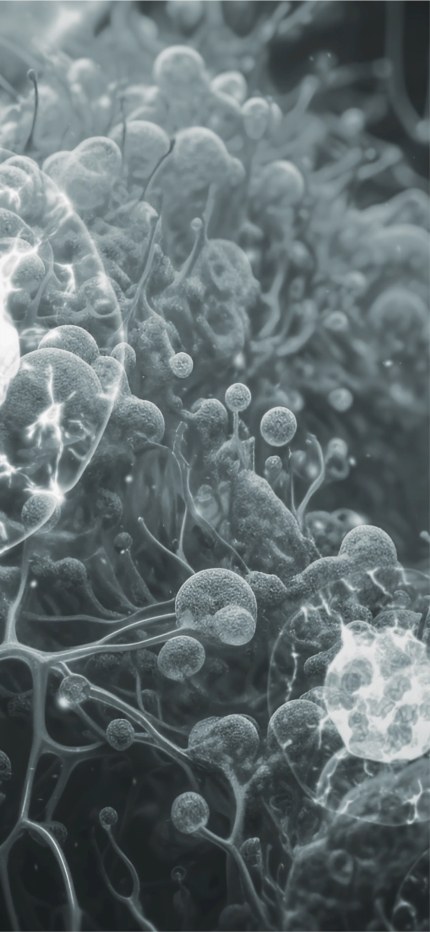

Advancing cancer treatment.
Bridging the gap between state-of-the-art accelerator technology and effective healthcare is essential to turn scientific breakthroughs into real-world cancer treatments that reach and benefit patients everywhere.
Protons and ions, unlike conventional X-ray radiotherapy, offer high precision in irradiating tumor tissues while causing less damage to healthy tissue. This makes them especially suitable for pediatric cases and tumors resistant to conventional radiation. Ions also demonstrate superior radiobiological effectiveness, lower toxicity, and a more favorable immune response compared to protons.
Boron Neutron Capture Therapy (BNCT) is an advanced, targeted cancer treatment that combines nuclear physics and molecular biology. It involves the selective accumulation of boron-containing compounds in tumor cells, followed by irradiation with a beam of low-energy neutrons.
The resulting nuclear reaction occurs only within the cancer cells, producing high-energy particles that destroy the tumor from within while sparing healthy surrounding tissue. BNCT is particularly promising for deep-seated or inoperable tumors, and for patients with recurrent or radioresistant cancers.
Medical isotope generation using particle accelerators enables the production of radioisotopes critical for both diagnosis and treatment of cancer. Unlike traditional reactor-based methods, accelerator-driven isotope production offers a cleaner, safer, and more flexible approach, ensuring a reliable supply of isotopes such as technetium-99m for imaging and actinium-225 for targeted radiotherapy. This technology plays a key role in advancing personalized nuclear medicine, where treatments are tailored to the biology of each patient's cancer.


